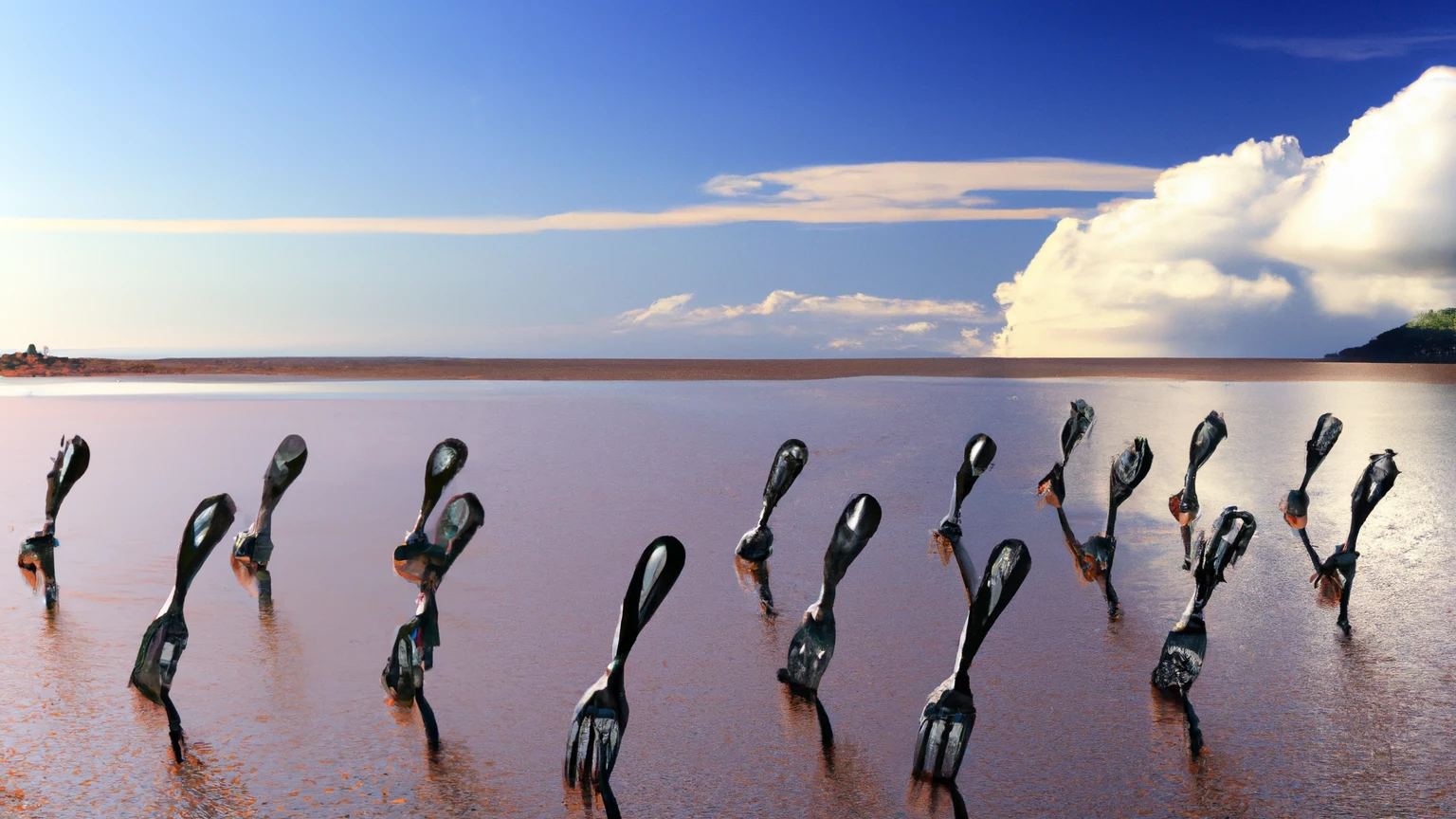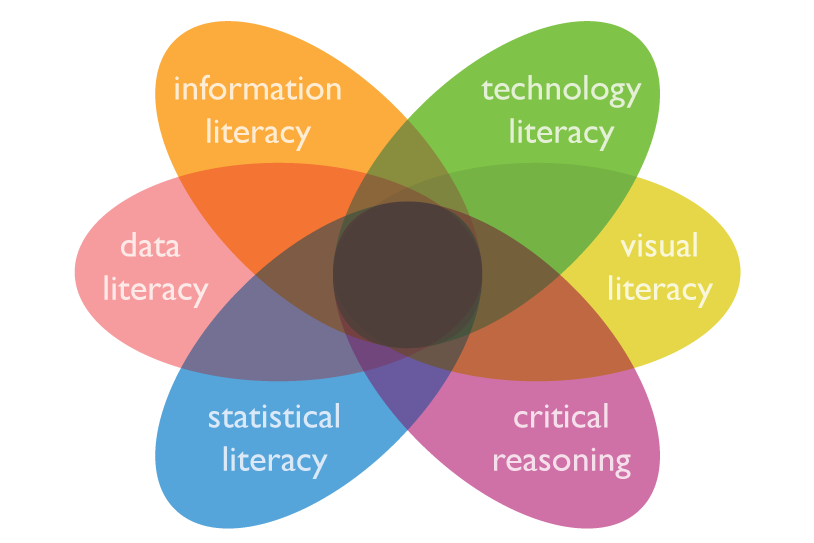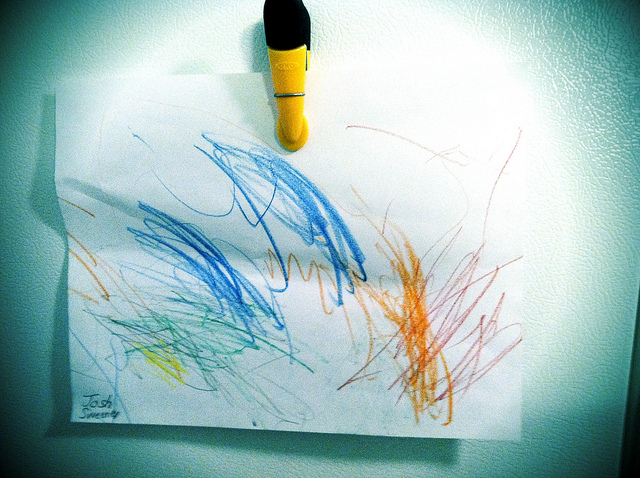I’m posting a complete, slightly edited version of a 31-part Twitter thread I posted on 18 July 2019 so there’s a record of what I wrote in one place where people can read, comment on, and annotate it. I invite you to do all that below. I’ve edited it here slightly only in order to correct typos in the original, to expand abbreviations that were necessary just to make it fit in tweets, to add links for context, and to reduce somewhat the intensity of my ranty swearing (this is a family blog after all).
Everyone should take what follows recognizing its original genre: the late-night Twitter rant. It’s certainly not a great introduction to the complex ideas and bodies of work it references. It simplifies a lot of what I hope is my more nuanced thinking about these topics. Its rhetoric is a bit incendiary and could even feel insulting to you, the reader. I bet you are a better person than the imaginary audience of my original rant. Certainly the mini-argument I make at the end about why this flawed idea circulates in the USA is incomplete, and maybe even totally wrong. I do hope the rant can serve as an easy-to-digest argument against what I think is a common, but flawed idea about “postmodernism” and its role in shaping contemporary culture. And maybe we can add some depth to it through annotation and further conversation.





